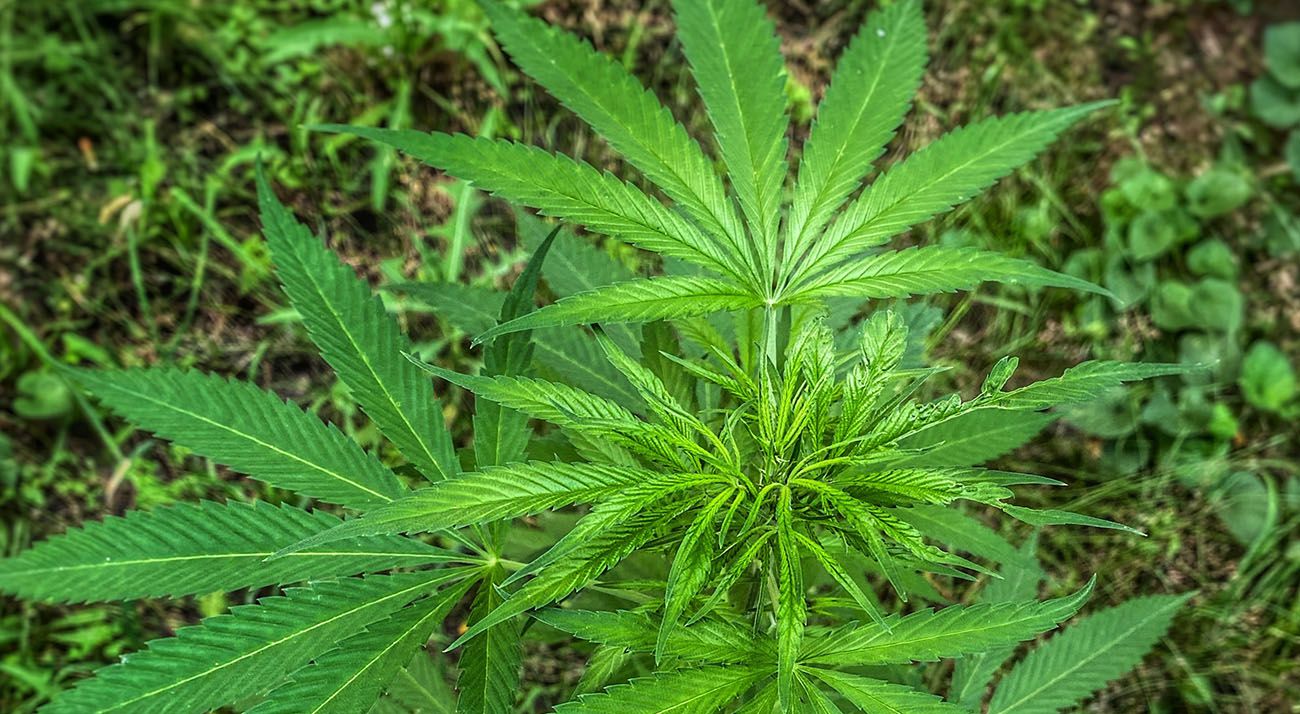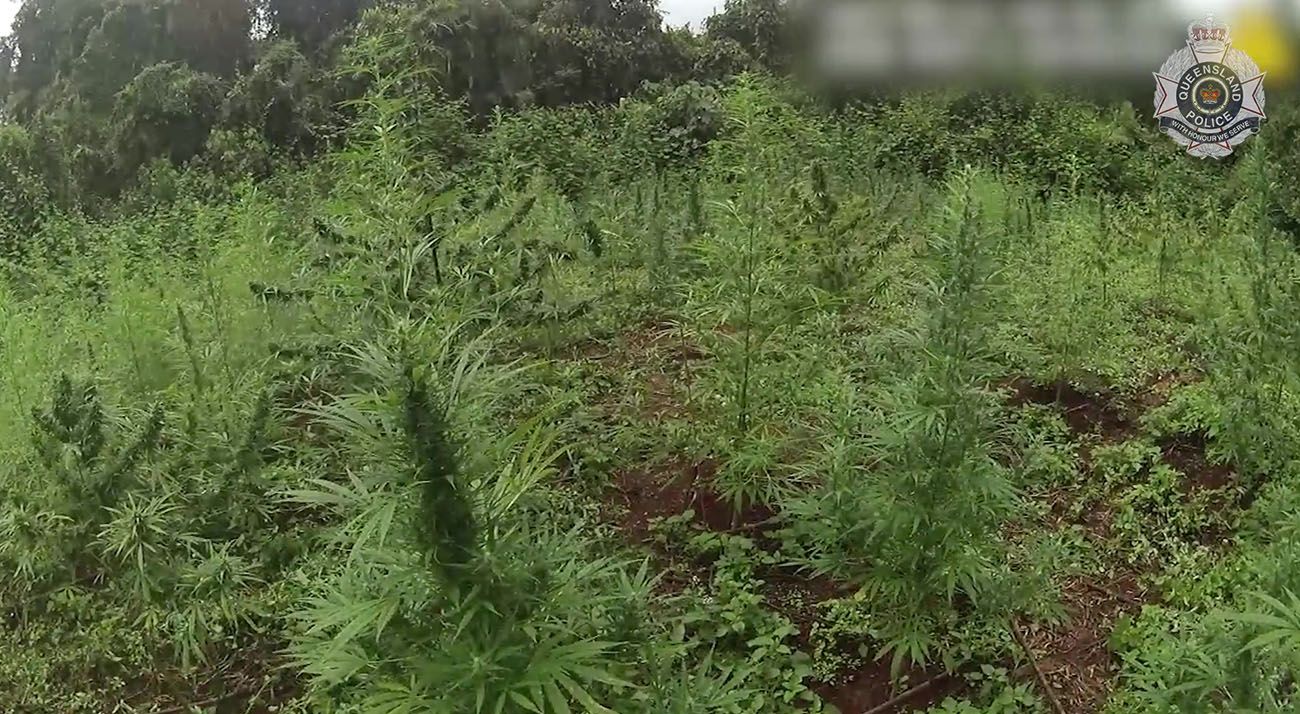Catholic not-for-profit organisation Mater is about to begin a new clinical trial that will test medical cannabis on advanced cancer patients.
The trial will give people with advanced cancers a cannabis oil that contains 20 parts CBD and one part THC (one of cannabis’s psychoactive components). Specifically, researchers are looking to see if the medication will improve the quality of life of participants.
While medical cannabis hasn’t yet been clinically proven to treat cancer or slow its spread, previous research from Harvard, The American Academy of Pain Medicine, and the University of Michigan has found that it can effectively relieve pain and reduce opioid use.
Mater’s new trial will compare the effects of the cannabis oil to a placebo medication. Researchers will do this through a double-blind study design, where half the participants in the trial will take medical cannabis and the other half will take the placebo. Neither researchers nor participants will know which medication they took.
The trial is the third study on medical cannabis conducted by Mater, as the organisation is currently carrying out two other similar studies. One of these studies focuses on a CBD-only medication, while the other focuses on a medication that contains equal parts CBD and THC. Results from the CBD-only trial are expected by the end of 2021.
According to Mater’s Director of Palliative and Supportive Care Professor Janet Hardy, the trials could provide evidence that would help the medicines get listed on the Australian Register of Therapeutic Goods (ARTG).
The only way we’ve ever going to get any of these products registered is if we can show that they’re better than placebo (medicines).
The studies will also contribute to TGA’s growing body of evidence supporting medical cannabis for pain and help give physicians confidence in prescribing medical cannabis (something they’ve historically lacked).
Mater’s new trial will be based in Queensland and conducted by Mater researchers. To be eligible to participate, advanced cancer patients will need a referral from their oncologist. As the medication contains THC, participant’s won’t be allowed to drive during the study until most of Australia enters the 21st century and driving laws are changed.









